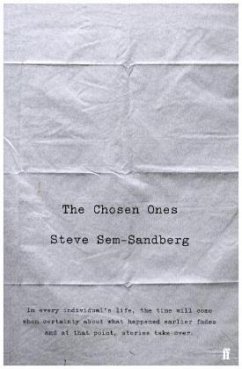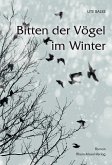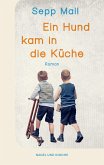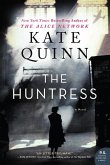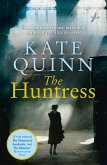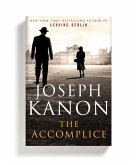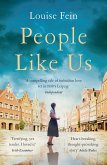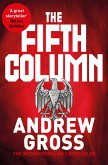The Am Spiegelgrund clinic, in glittering Vienna, masqueraded as a well-intentioned reform school for wayward boys and girls and a home for chronically ill children. The reality, however, was very different: in the wake of Germany's annexation of Austria on the eve of World War Two, its doctors, nurses, and teachers created a monstrous parody of the institution's benign-sounding brief. The Nazi regime's euthanasia program would come to determine the fate of many of the clinic's inhabitants.
Through the eyes of a child inmate, Adrian Ziegler, and a nurse, Anna Katschenka, Steve Sem-Sandberg, the author of the award-winning The Emperor of Lies, explores the very meaning of survival. An absorbing, emotionally overwhelming novel, rich in incident and character, The Chosen Ones is obliquely illuminated by the author's sharp sense of the absurd. Passionately serious, meticulously researched, and deeply profound, this extraordinary and dramatic novel bears witness to oppression and injustice, and offers invaluable and necessary insight on an intolerable chapter in Austria's past.
Through the eyes of a child inmate, Adrian Ziegler, and a nurse, Anna Katschenka, Steve Sem-Sandberg, the author of the award-winning The Emperor of Lies, explores the very meaning of survival. An absorbing, emotionally overwhelming novel, rich in incident and character, The Chosen Ones is obliquely illuminated by the author's sharp sense of the absurd. Passionately serious, meticulously researched, and deeply profound, this extraordinary and dramatic novel bears witness to oppression and injustice, and offers invaluable and necessary insight on an intolerable chapter in Austria's past.
You don't so much read Sem-Sandberg as stand in the fiery wind of his prose . . . There is something here of Samuel Beckett's trilogy - nothing is too small to shine an unwavering light on . . . The Chosen Ones is the logical outlay of a worst-case scenario of the human soul. It is not a book that can be read for "delight", though it features beautiful sentences, and when Sem-Sandberg describes landscape and weather he has the sudden generosity of a poet. But he is also the ambassador of the unwanted child everywhere, then and now, and that is a rarer profession even than poet . . . Some novels are described as dark, in order to alert the reader. But this novel, translated into English by Anna Paterson, is as bright as a cloudless June sky under which, behind walls and doors, we go about our inexplicable human business. Sebastian Barry Guardian

